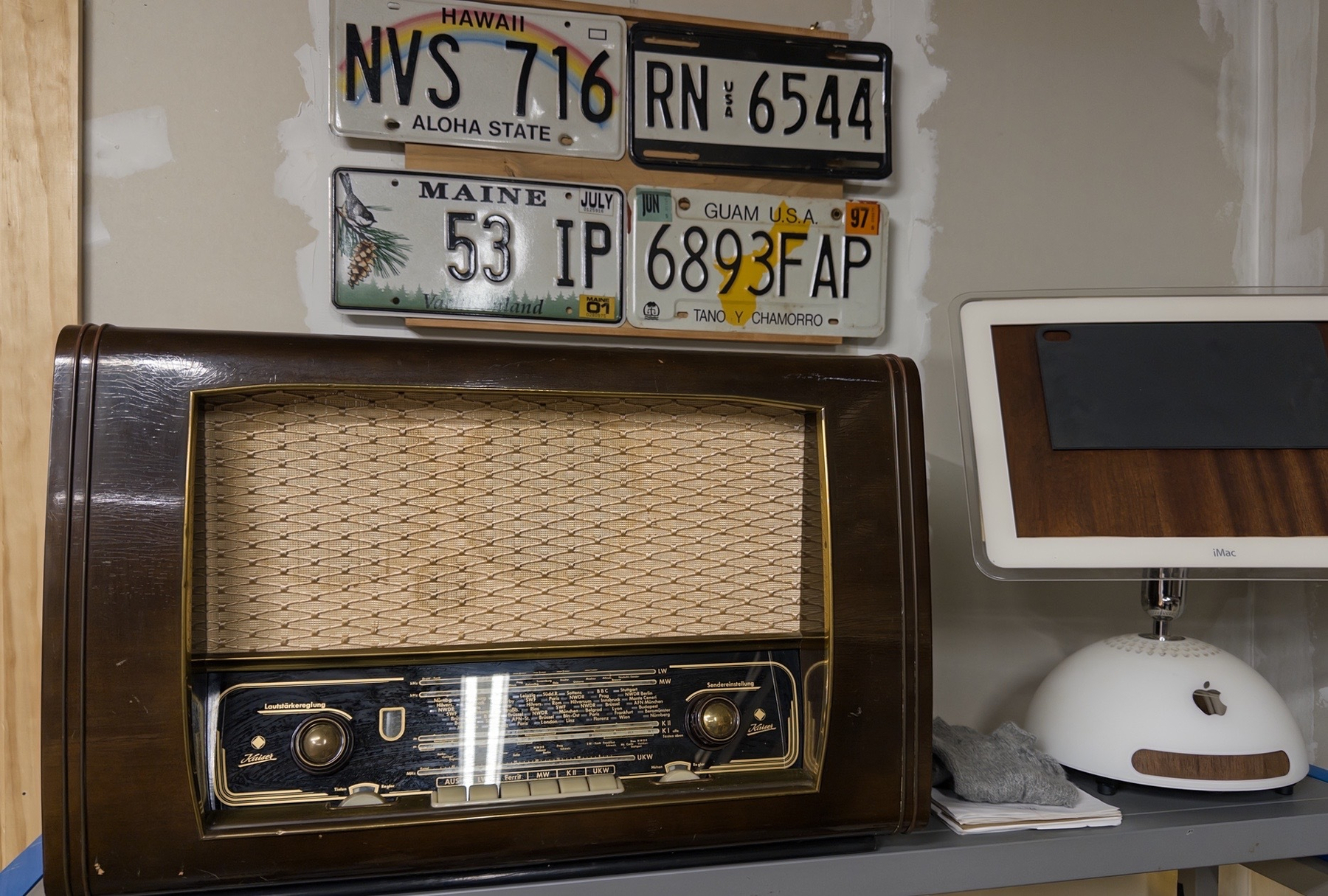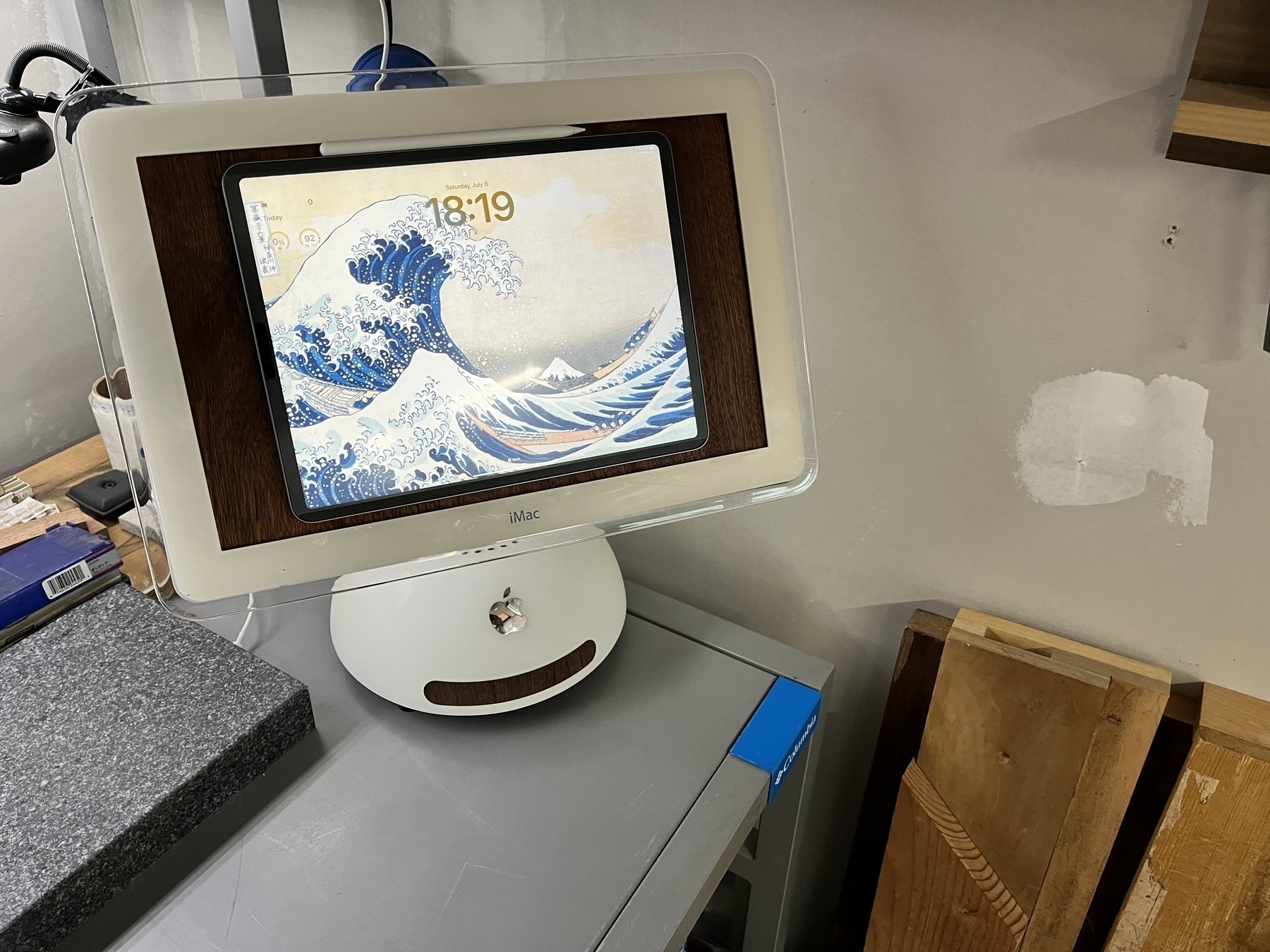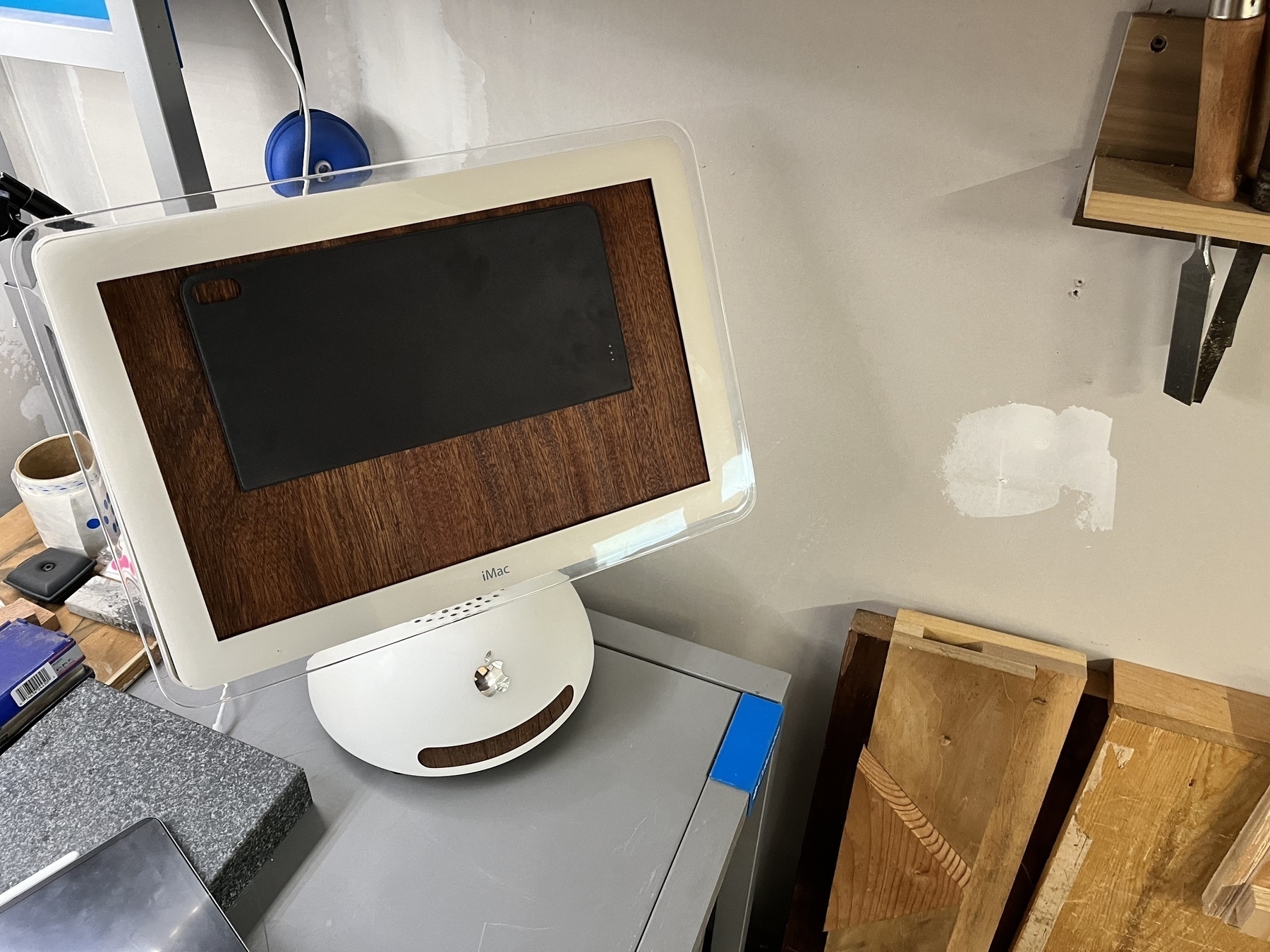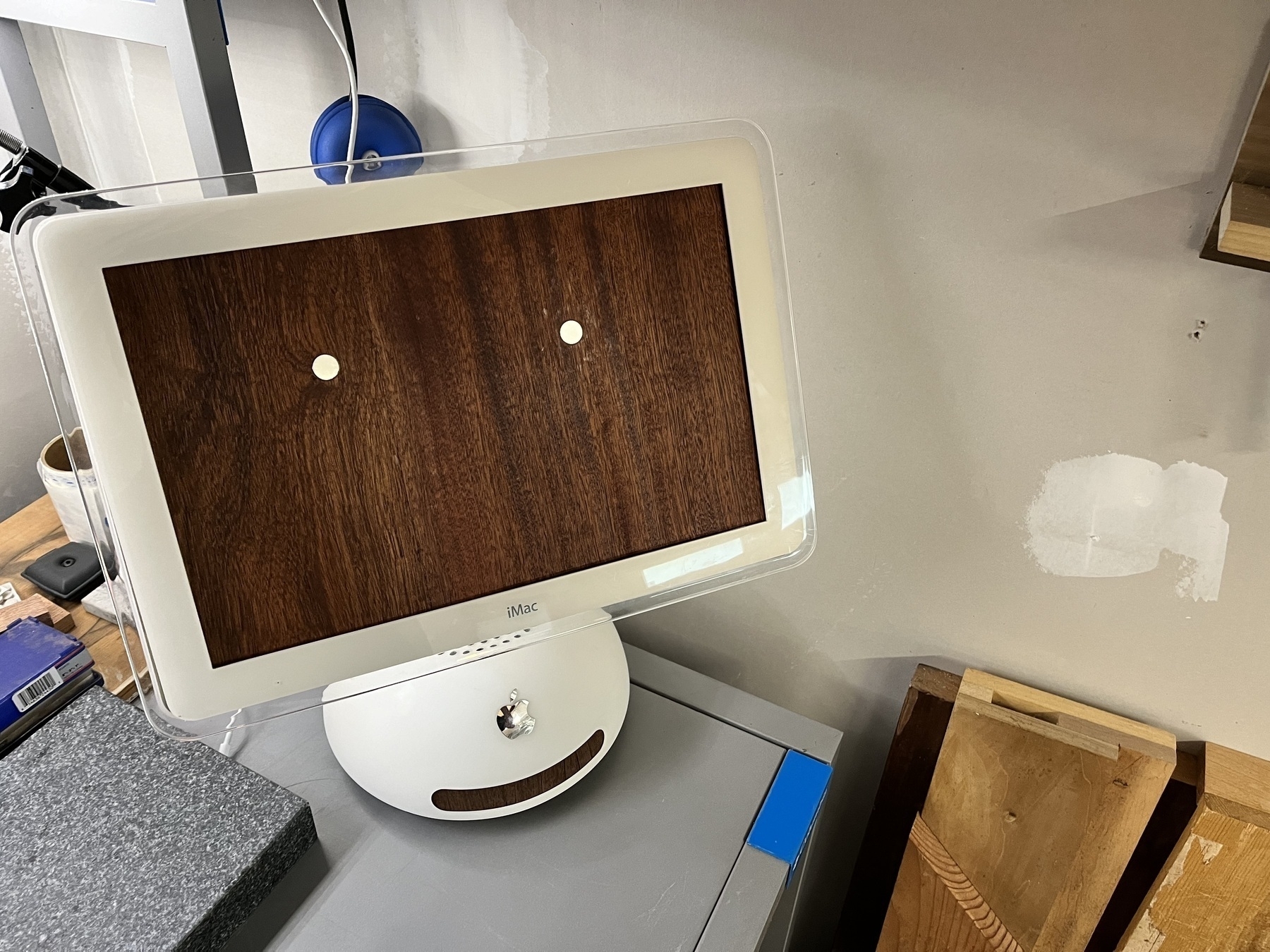I've had an iPad 2 for four days and a Smart Cover for a day and a half. I'm not going to post a detailed review. There have been enough of those. I will, though, share a few initial impressions as a first-time iPad owner.
First, the Smart Cover. It's remarkable. As remarkable as the iPad. That's no small achievement, and it deserves to win design awards. In case you missed the iFixit breakdown of this cover, it's worth your time to check out the magnetic gadgetry that makes this device work. It's easy to use. More, it's a pleasure to use. I love how the iPad instantly turns on when I open the cover. I love the ease with which I can stand my iPad up in two positions.
It doesn't really clean the glass surface, though. Apple claims that it 'brightens up your iPad.' That's true to an extent. But they also say it 'gently buffs off any smudges or fingerprints as you move, [so your] iPad always looks good on arrival.' That's not quite true. Certainly, the surface looks better than it would without the cover. But the gentle buffing is no substitute for wiping the glass screen with a microfiber cloth. What I've found is that the cover—as I move it to and fro—gently removes oily smudges from the surfaces from the areas where the microfiber makes contact. But the microfiber only hits the glass in the ribs of the cover. Between the ribs, in the creases of the cover that allow it to be easily folded up, there is no contact. The oily residue remains in those spaces, appearing as Zebra strips of smudge over the glass surface. It's not a big deal, but it's worth noting that I still need to manually clean the surface.
Another minor annoyance I have with the cover is that it doesn't magnetically seal when flipped to the back of the device (when I'm using the iPad). It flops around a bit. I imagine that design constraints limit where magnets can be placed within the iPad, and these constraints account for the lack of a magnetic hold when the cover is flipped around to the back of the device. Still, it's not a big deal. It's easy to rip the cover off and toss it aside.
My final concern regarding the Smart Cover is that it doesn't protect the back of the device. I'm worried about scratching the aluminum. I'm not too worried, though. I trust that third-party vendors will soon offer stick-on protective coatings to address this issue. I'd rather go that route than plunge the iPad in a thick protective case. I don't want the device to be any thicker than it is. I want to hold the thin aluminum back in my hand when I use it. It's an important part of the tactile experience.
The last thing I have to say about the cover concerns material. I expected that the appearance of the leather model would shame that of the cheaper Polyurethane skin, but found that both models look very nice. In 5by5's 'The Talk Show' podcast, Dan Benjamin described the surface of the cheaper model akin to the 'Trapper Keeper' plastic those of us of a certain age will surely recall from childhood. It's kind of like that, but it's really much nicer to behold. It's nice enough that I went with a neutral grey polyurethane model and saved some money. I think it looks great.
As for the iPad 2 itself, I should note that I spent 10 minutes trying out a Motorola Xoom at my local Costco a week ago. This device is, as far as I know, the current 'best of breed' alternative. I thought the Xoom was competent, but it felt choppy and clumsy to the touch. A bit half baked. Now that I have spent considerable time on an iPad 2, I can you assure you that there is no comparison. It's a device that's living up to my childhood expectations of what 21st century tech might be.
Is the iPad 2 perfect? No. There's plenty of room to improve. Is it the best mobile device I've ever used? Yes. Interestingly, a minor change made it more so. Based on a tip I read on TUAW, I upgraded to XCode 4, which allowed me to enable some new multi-gesture devices for the device. These gestures enable rotation through open apps with a gesture, a swipe to see all background apps, and a swipe to get back to the Home screen.
These seem like minor improvements, but they are not. They make a huge difference in ease of use, akin to how the Smart Cover makes a huge difference by waking up the device when you flip it open. That tiny convenience of auto-waking the device with the Cover vice having to press the 'Home' button makes the iPad that much easier to use. Likewise, these few extra gestures make navigating scores of apps that much more seamless and enjoyable. I hope to see these additional gestures in the next iOS release. As for the fears that these features hint that the Home button is destined for the trash bin, who can say? I don't really care. I prefer to avoid using the Home button if possible.
My final note concerns the lack of software keyboard support for Dvorak. The lack of the Dvorak layout on my iPhone is no big deal. The screen is too small to accommodate full-handed typing. Not so on the iPad. I suspect I speak for Dvorak-typing Apple enthusiasts everywhere when I say that a software layout option is very important. Without it, we're reduced to hunt-and-peck typing on the iPad screen using an unfamiliar keyboard layout, or we're forced to buy an external keyboard to use iOS hardware Dvorak support. Attention Apple: this is a very simple fix.





 open public Beta of Adobe Audition for Mac
open public Beta of Adobe Audition for Mac